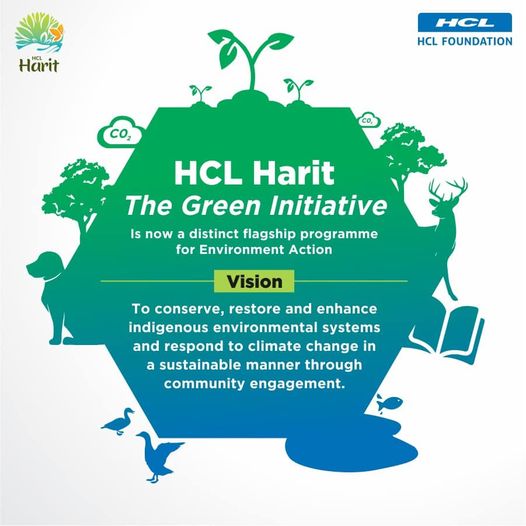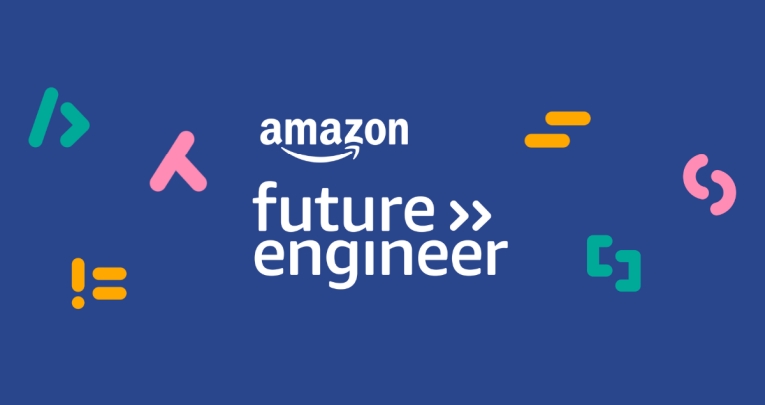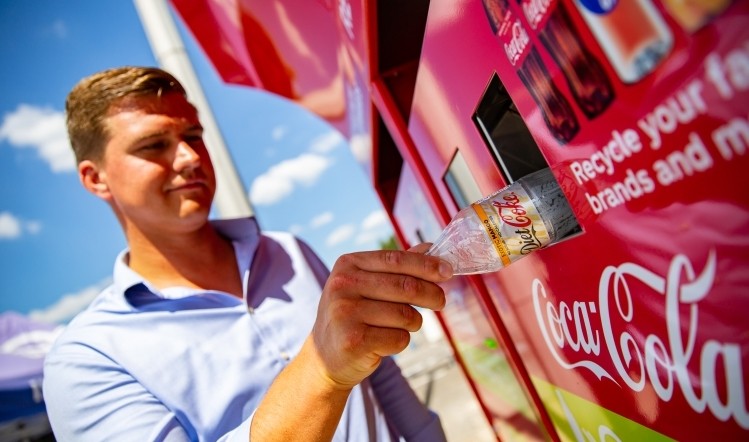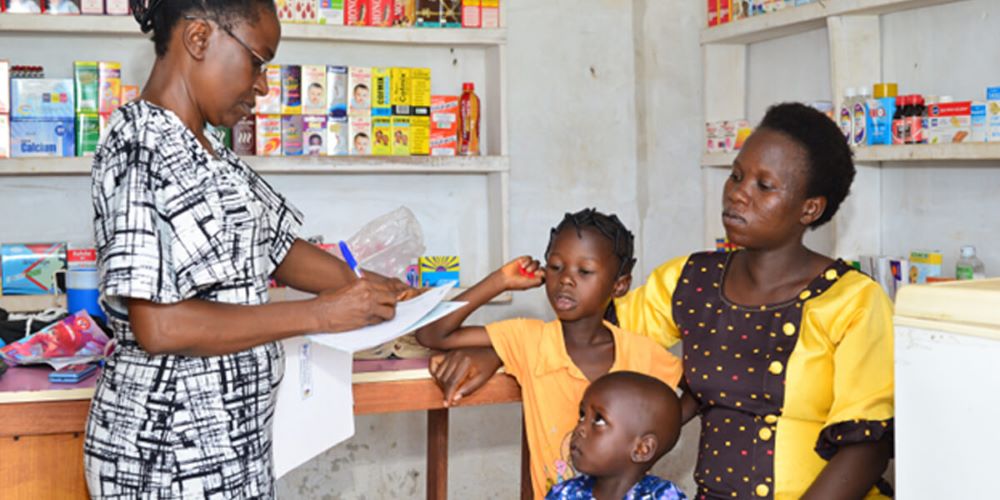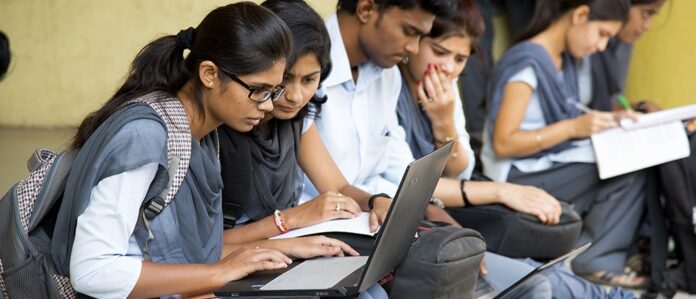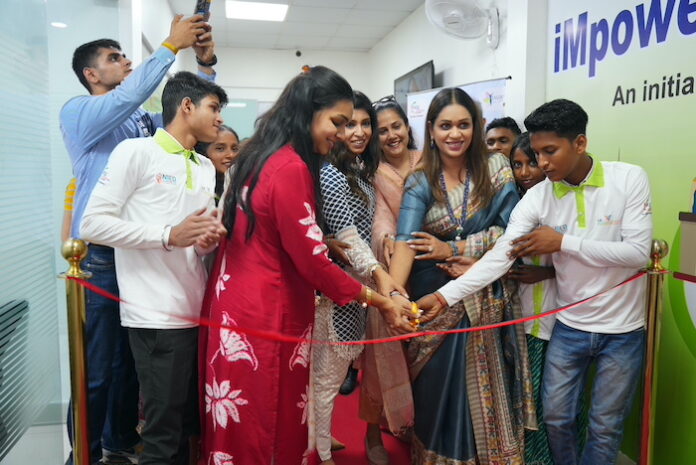JSW Steel Spent Rs. ₹235 Crores on CSR in FY2023-24
JSW Steel is India’s leading and one of the world’s most efficient integrated steelmakers. The Company led by Sajjan Jindal, spent Rs. 235 crores on its Corporate Social Responsibility (CSR) projects during the fiscal year 2023-24. It has aligned its CSR programs to the key areas of health and nutrition, education and learning, agri- initiatives, livelihood, sanitation, water conservation and augmentation, biodiversity promotion, skill enhancement, and art, culture, and sports.
The company was mandated to spend Rs. 298 Cr. for CSR in FY24. Therefore, in addition to the ₹235 crore directly spent on various CSR initiatives, JSW Steel has deposited the remaining ₹63 crore into an escrow account, earmarking the amount for future specified projects.
In line with the Group’s philosophy of ‘Better Everyday’, JSW Steel has strived to deliver on its responsibilities towards its communities, people, and society at large. The Company carries out its social and out-of-fence environmental initiatives through JSW Foundation. The aim is to drive meaningful and sustainable change among communities (Direct Influence Zones & Indirect Influence Zones) across eight cause areas.
1. Sustainability Governance at JSW Steel
Maintaining and preserving the environment is a key business objective for the Company. The Company is aligned with the global steel industry’s focus on reducing its environmental impact and contributions toward climate change. Over the years, JSW Steel has fortified its commitment to conserve natural resources, reduce emissions by undertaking long-term measures like harnessing innovation, technology adoption and process change. The Company has developed a sustainability framework based on 17 key areas which embody the long-term Environmental, Social and Governance goals of the enterprise. The focus areas have been identified through an extensive process of studying the impact and the level of contribution required to be made.
2. Tackling Climate Change
As an industry leader, JSW Steel understands its responsibility to contribute towards creating a cleaner and sustainable planet for the future. The Company has developed a climate action plan to improve its carbon emission intensity beyond India’s Nationally Determined Contributions (NDC) and achieve more than 42% reduction by 2030 from the base year of 2005. JSW Steel aims to achieve this through:
– Improvement of input raw material quality through beneficiation
– Increased use of renewable energy and scrap
– Reducing coke in Blast Furnaces (BFs), increased Pulverised Coal Injection (PCI) and Natural Gas (NG) use in BFs
– Energy efficiency and process efficiency improvements through best available technologies
– Continue efforts and collaborations towards development of deep decarbonisation technologies
The Company has an operating Carbon Capture Utilisation (CCU) plant at Salav facility, which is capturing carbon from the exhaust gases generated by sponge iron operations, treating and converting it to approximately 100 TPD CO2 (99.5% purity) and which is being used in the food and beverage industry for use.
The Company has earmarked Rs. 10,000 crore over the next few years to decarbonise, the initiatives include shifting to solar power for energy and increase the usage of scrap in the steel making operations.
3. Waste Management
JSW Steel has set a target of achieving specific water consumption (in steel production) of 2.21m3/ tcs by 2030. Currently, all the facilities follow Zero Liquid Discharge principles. The major steel producing facilities of the JSW Steel operate in water-stressed regions, and thus the Company consistently introduces process improvements to ensure better water conservation and harvesting. The plants have extensive water management plans in place which accelerate water conservation.
4. Conservation of Biodiversity
With an aim to protect the biodiversity where it operates, JSW Steel aims to practice prudent land use management. The Company also engages local environmental organisations and societies to study the biodiversity impact and improve local flora and fauna.
Till date, JSW Steel Vijayanagar has planted around 18 lakh trees in an area of 2250 acres and plans to enhance the plantation to 24 lakh. The facility has also developed greenery in an expansive stretch of 432 acre of degraded forest land adjacent to JSW Steel Complex in association with Karnataka State Forest Department.
The Company has carried out study to determine the impact on flora and fauna of core area. JSW Steel is planning to develop a Jubilee Park spread across 242 acres in Vijayanagar to enhance biodiversity.
5. Corporate Social Responsibility Initiatives
JSW Foundation’s interventions are oriented towards achieving better outcomes in the local context by adopting SAMMS approach- Strategic, Aligned, Multi-stakeholder, Measurable, Sustainable. The interventions aim to leverage the long-standing trust and engagement with the communities to enable a self-sustaining ecosystem of well-being.
The interventions range from strengthening educational institutions to provisioning of secondary & tertiary healthcare and strengthening of public health system, helping communities to access basic sanitation & promoting hygiene, contributing towards water and environment conservation, facilitating women-centric livelihoods and, promoting agribusiness approach.
5.1 Interventions in Education
The education programmes and initiatives focus on a spectrum of aspects, including the construction and maintenance school infrastructure, interventions in early childhood education, e-learning, scholarships, teacher training, remedial classes, additional teacher support, career guidance, exposure to science and math activities, the provision of science labs and libraries, and mid-day meal. The company spent Rs. 5.54 lakh on CSR in education in FY24.
5.2 Health and Nutrition
The efforts under this focus area aim to enhance health and nutrition services at all levels of the healthcare systems by increasing awareness, contributing to infrastructure development, and encouraging community engagement to support the nation’s efforts. The company spent Rs. 6.07 lakh on CSR in Health and Nutrition in FY24.
5.3 Skills and Livelihood
The Company focuses on ground realities to increase the employability of graduates and women in rural areas with innovative solutions and vocational trainings. The company spent Rs. 18,821 on CSR in Health and Nutrition in FY24.
5.4 Art, Culture and Heritage
The Company has focused on developing a long-term preservation and restoration strategy to protect the country’s heritage for future generations. Through active collaborations with organisations and initiatives that preserve and promote the art, culture, and heritage of India, JSW Foundation is involved in establishing art precincts, restoring heritage structures, and preserving history.
5.5 Promoting Sports
JSW Steel has pioneered the success of rural sporting talent in India with focus on providing holistic and integrated solutions ranging from infrastructure, equipment, training of trainers to partnering with government bodies and other associations for growth.
Kashmir Realizes the Faizal and Shabana Foundation’s Vision: A Groundbreaking Leap in Education
In a significant development for the education sector, the Faizal and Shabana Foundation has extended its transformative ‘Nadakkavu model’ to Kashmir. With the visionary goal of ‘Giving to Create Impact,’ the foundation continues its commitment to enhancing educational standards. The inauguration of the Government Girls’ Higher Secondary School (GGHSS) in Kothi Bagh, Srinagar, on July 10 marks a milestone in this endeavor. This initiative builds on the foundation’s successful collaboration with the Government Vocational Higher Secondary School (GHSS) for Girls in Nadakkavu, Kozhikode, Kerala, which began in 2013 under Project PRISM, elevating the Nadakkavu school to national prominence.
The latest project in Kashmir is part of a memorandum of understanding signed between the Jammu and Kashmir government and the Kozhikode-based foundation. The agreement aims to replicate the Nadakkavu model across government schools in the state, ushering in a new era of modernization and excellence. The inauguration event was attended by several dignitaries, including Mr. K. E. Faizal, Chairman of KEF Holdings and Co-Founder and Director of the Faizal and Shabana Foundation, Mrs. Shabana Faizal, Vice-Chairperson of KEF Holdings and Co-Founder and Director of the Faizal and Shabana Foundation, and Mr. Zach Faizal, founder of Peec Mobility. High-profile officials such as Mr. Vijay Kumar Bhidhuri, IAS, Divisional Commissioner of Kashmir; Mr. Bilal Mohi ud Din Bhat, IAS, Deputy Commissioner of Srinagar; and Mr. Tassaduq Hussain Mir, JKAS, Director of School Education Kashmir, also graced the occasion.
Mr. K. E. Faizal expressed his excitement about the project, stating, “Our mission has always been to create impactful, sustainable change through education. The success of the Nadakkavu model in Kerala has inspired us to extend our efforts to Kashmir, where we believe we can make a significant difference in the lives of many students. We are committed to providing quality education and fostering a brighter future for all.”
The Nadakkavu model, which elevated GHSS Nadakkavu to one of India’s top-ranked public schools, is set to replicate similar success at GGHSS Kothi Bagh. The school’s strategic location near Dal Lake and Lal Chowk, coupled with its rich history of academic excellence and notable alumni, positions it as an ideal candidate for this transformative endeavor.
Since its establishment in 2007, the Faizal and Shabana Foundation has been steadfast in its vision of ‘Giving to Create Impact.’ The foundation recognizes that sustainable programs and positive interventions are crucial for empowering individuals and communities. Their mission is to act as a catalyst, fostering a more equitable, happier, and better tomorrow for generations to come. Over the past decade, the foundation has launched numerous sustainable initiatives and collaborated with various programs across India and the Middle East, significantly impacting lives and communities across sectors.
In education and youth intervention, the foundation provides resources and opportunities that empower the younger generation. Their efforts in regenerative sustainable development promote environmentally friendly practices, ensuring a healthier planet for future generations. Healthcare and wellness support represent another critical area, offering services and programs to enhance overall community health. During times of crisis, their humanitarian aid and assistance programs provide essential support to those in need. Community outreach initiatives engage with local communities, providing necessary resources and fostering unity and collaboration. Additionally, the foundation’s commitment to art and culture development helps preserve cultural heritage and encourages creativity through various programs and events.
The success of the Nadakkavu school has inspired the state government to reinvest in public education through the Pothuvidyabhyasa Yagnyam Mission. This mission aims to restore public trust in government schools and provide free education, echoing the foundation’s commitment to educational excellence. The Faizal & Shabana Foundation’s efforts extend beyond transforming a single school; they set a precedent for the future of public education, showcasing the profound impact of their educational initiatives.
The foundation now sets its sights on extending this transformative vision to Kashmir. Their latest project focuses on the Government Girls’ Higher Secondary School (GGHSS) in Kothi Bagh, Srinagar. Established near Dal Lake and Lal Chowk, GGHSS began as a middle school for girls in 1954, evolved into a high school in 1961, and further progressed to a higher secondary school in 1974. Historically renowned for academic excellence and vibrant extracurricular activities, the school has produced notable alumni, including doctors, engineers, writers, and politicians. GGHSS stands as a beacon of empowerment and women’s education in the Kashmir region.
This partnership represents a significant stride toward enhancing educational standards and opportunities for students in Kashmir, exemplifying the Faizal and Shabana Foundation’s commitment to creating impactful, sustainable change in education.
Disclaimer: This media release is auto-generated. The CSR Journal is not responsible for the content.
CSR: Road Safety Convention hosted in Lucknow, Uttar Pradesh
Lucknow, India: In a steadfast commitment to instill road safety awareness, Honda Motorcycle and Scooter India has organized a Road Safety Convention with school principals in Lucknow, Uttar Pradesh as a part of their ongoing project- Mindset Development for our Future Generation.
The convention saw active participation from over 150 School Principals and teachers including private and government schools in Lucknow.
The convention witnessed the presence of esteemed chief guests, Shri Pradeep Singh (Joint Director for Education, Lucknow Mandal), Shri Rakesh Kumar (District Inspector of School, Lucknow), Smt. Manisha Dwivedi (Assistant District Inspector of School, Lucknow), Mr. Jai Shankar Srivastava (Assistant District Inspector of School, Lucknow) and Shri. Prabhu Nagaraj (Operating Officer, Corporate Affairs, Honda Motorcycle & Scooter India) along with other dignitaries from Honda Motorcycle and Scooter India (HMSI).
The current Indian traffic scenario showcases the need of discipline among road users. One of the major causes of traffic collision is the approach and mindset towards the road. Widespread disregard for traffic rules is one of the major factors in road accidents. Keeping this in mind, the primary objective of the convention was to showcase the innovative concept of Mindset Development for kids, with a focus on expanding the reach of road safety education to all students through training facilitated by schoolteachers.
With a unique focus on changing children’s mindset towards road safety from an early age, HMSI believes that proper education can have a positive influence not only on children but also on their parents. Anchored by HMSI’s global safety slogan ‘Safety for Everyone’, the company has curated three learning modules age wise to guide the young population develop a disciplined mindset, thereby making a substantial contribution in fostering a safer society.
During the convention, HMSI urged all school authorities to utilize the three learning modules, emphasizing need for collaboration to expand the benefits of this program to all students. The company invited schools to join hands, supporting the mission and working towards creating a brighter, safer future for India.
HMSI has successfully conducted 4 Road Safety conventions across the country during which it has trained over 800 school principals and teachers from more than 400 schools. These conventions have benefitted more than 1.8 lakh students, equipping them with vital road safety knowledge and practices. Building on this success, we are excited to expand our efforts with 10 more conventions planned for this financial year. Our goal is to cover 5 lakh students, ensuring that young individuals receive crucial road safety education.
The company is steadfast in its commitment to make the roads safer for everyone by nurturing a culture of vigilance and responsibility.
Honda Motorcycle & Scooter India’s CSR commitment towards Road Safety:
In 2021, Honda globally made a vision statement for the year 2050 where it will strive for zero traffic collision fatalities involving Honda motorcycles and automobiles. In India HMSI is working in line with this vision and the Government of India direction of reducing fatalities to half by 2030.
HMSI wants to be a company that Society wants to exist and is strongly focusing on Road safety awareness to all sections of society with unique ideas catering to each segment from school kids to Corporates and society at large.
One critical aspect of achieving this goal is inculcating a positive mindset towards road safety in our children by the year 2030 and continuing to educate them thereafter. Road safety education at schools and colleges is not only to create awareness but to inculcate a safety culture in young minds and turn them to be the safety ambassador. It empowers future generations to become responsible and significantly contribute to a safer society.
HMSI’s skilled safety instructors conduct daily programs at our 10 adopted traffic training parks (TTP) across India and 6 Safety Driving Education Centers (SDEC) to make road safety education accessible to every part of society, and the initiative has already reached over 7.5 million Indians. HMSI’s National Road Safety Awareness program made learning fun yet scientific through:
SCIENTIFICALLY DEVISED LEARNING MODULE: Honda’s skilled instructors set the foundation with theory sessions on road signs & markings, driver’s duties on road, riding gear & posture explanation and safe riding etiquettes.
1. PRACTICAL LEARNING: A special training activity on Honda’s virtual riding simulator was executed for all to experience over 100 possible dangers on road before actual riding.
2. INTERACTIVE SESSION: Participants were given danger prediction training known as Kiken Yosoku Training (KYT) which helps in enhancing rider/driver’s sensitivity to danger and ensures safe driving behaviour on roads.
3. EXISTING DRIVERS HONING RIDING SKILLS: Students & school staff members who are already existing riders tested & honed their riding skills through slow riding activities and riding on narrow planks.
Disclaimer: This media release is auto-generated. The CSR Journal is not responsible for the content.
CSR: Second phase of Project LEAD initiative launched across India
New Delhi, India: CASE Construction Equipment, a brand of CNH, has introduced the second leg of its LEAD (Livelihoods and Entrepreneurship Awareness Development) project across cities in India to promote rural entrepreneurship and economic empowerment. By equipping rural youth with entrepreneurial skills, the initiative aims to decrease urban migration while simultaneously promoting reverse migration. The project focuses on creating awareness about subsidiary income generation avenues in the agriculture and infrastructure sectors through training programs conducted via a mobile training center van.
The LEAD 2.0 initiative, launched from Faridabad, builds on the success of its initial phase by targeting the youth in an additional 1500 villages located in Uttar Pradesh, Rajasthan, Haryana, Odisha, Bhubaneswar, and Jharkhand. The second edition aims to educate young talent on essential sectors for rural development, encompassing modern farming techniques and sustainable practices in agriculture, rural industries like poultry, dairy, beekeeping, and fisheries, as well as rural infrastructure with a focus on road construction and irrigation. By imparting knowledge and skills in these areas, the LEAD 2.0 initiative aims to empower regional youth, helping them to create subsidiary income generation avenues, thereby addressing the challenges of unemployment and economic disparity in rural areas and fostering a more balanced economic development and promoting self-reliance among the rural population.
Launching the LEAD 2.0 initiative, Emre Karazli, Vice President Construction Segment, APAC & AME said, “At CASE, we support inclusive growth and recognize the vital role that rural entrepreneurship plays in fostering comprehensive economic development. With LEAD 2.0, we reaffirm our commitment to giving the nation’s youngsters in rural areas the resources and opportunities they need to participate in the expanding economy.”
Speaking about the project, Shalabh Chaturvedi, Managing Director, CASE Construction Equipment – India & SAARC said, “Aligning with India’s vision of ‘Aatmanirbhar Bharat’, CASE has taken a significant step in enhancing the skills of rural youth by connecting them with opportunities and raising awareness. This initiative not only educates individuals in rural areas but also contributes towards socio-economic development in these regions. Through LEAD 2.0, our goal is to address unemployment, bridging the skill gap within the relevant sectors, where there is a high demand for skilled labour.”
The initial phase, LEAD 1.0, made a significant impact across 5 states and 1 union territory, encompassing 38 districts and reaching 3,113 villages. With an audience footfall of 61,981, the project saw 36,381 participants actively engaging in presentations. This widespread participation underscores the project’s success in empowering rural communities and highlights the necessity of continuing and expanding the initiative.
In response to the challenges of unemployment and economic disparity in rural areas, CASE is committed to fostering rural entrepreneurship in India. By collaborating with local partners and stakeholders, the company aims to implement innovative solutions that address these issues and are tailored to the unique needs of each region.
CASE offers a comprehensive range of construction equipment in the country and is a leader in the Vibratory Compactor segment. The company’s state-of-the-art manufacturing facility in Pithampur, Madhya Pradesh, produces Made-in-India products for both domestic use and export to over 100 markets worldwide.
Disclaimer: This media release is auto-generated. The CSR Journal is not responsible for the content.
CSR: ‘Automotive Skill Labs’ initiative nurtures students with future-ready skills
Mumbai, India: Reaffirming its commitment to nurturing talent and creating a skilled workforce for the automotive industry, Tata Motors’ in collaboration with Navodaya Vidyalaya Samiti (NVS) has established dedicated ‘Automotive Skill Labs’ at Jawahar Navodaya Vidyalayas (JNVs). To date, 25 labs, fully equipped with essential tools, have been set up across select JNVs in Maharashtra, Karnataka, Gujarat, Jharkhand, West Bengal, Uttar Pradesh, and Uttarakhand. This unique industry-academic joint initiative equips approximately 4000 students annually with practical automotive skills, with 30% of students enrolled being girls.
Aligned with the vocational courses envisioned in the ‘National Education Policy 2020’, Tata Motors’ ‘Automotive Skill Labs’ focuses on providing secondary and senior secondary students (studying in 9th to 12th standard) with essential subject knowledge, hands-on skills, and valuable industry exposure—all within the school premises. Additionally, students can visit Tata Motors’ plants, interact with service and dealership professionals, and attend lectures by industry experts to gain real-world experience and deepen their knowledge. Furthermore, instructors teaching at these labs are provided with the necessary training at the company’s plant locations. A testament to this immersive learning experience is an E-Rickshaw constructed by the students at the Skill Lab in Pune.
Upon successful completion of the programme, students receive joint certificates from Tata Motors and NVS. Post-schooling, the students can opt for a Diploma in Manufacturing Technology, including a full stipend and on-the-job training at Tata Motors’ manufacturing facilities. Alternatively, those interested in continuing with Tata Motors can pursue a BTech in engineering—a 3.5-year executive education programme in collaboration with select engineering institutes—leading to permanent employment after five years.
Emphasizing the commitment to enriching the lives of youth and bridging the skills gap in the automotive industry, Vinod Kulkarni, CSR Head, Tata Motors, said, “Our Automotive Skill Labs empowers youngsters from the underserved communities with employable skills, relevant for the evolving automotive sector in India. It creates pathways for students in grades 9th – 12th to pursue higher education and secure employment opportunities. Contributing to the ‘Skill India Mission’, this programme instills innovative thinking, entrepreneurial spirit, analytical mindset and critical communication skills amongst the students. The response from girl students has strengthened our commitment to empower future leaders who will contribute to India’s prominence on the global stage as envisioned by Viksit Bharat @2047.”
In 2023, over 1,600 students from this programme participated in the National Automobile Olympiad organised by the Automotive Skill Development Council (ASDC), out of which 17 succeeded in reaching the second stage of the competition.

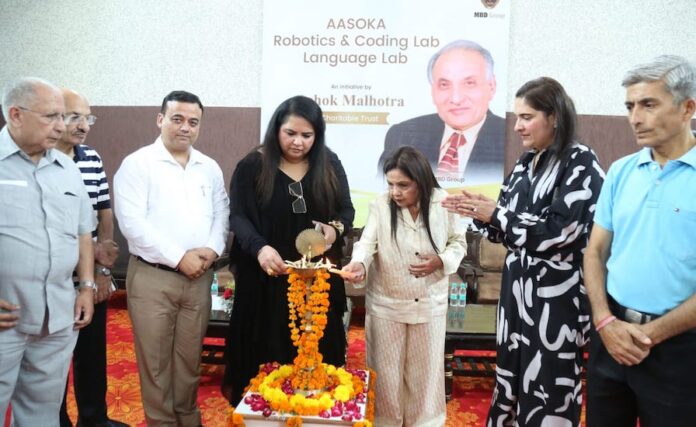

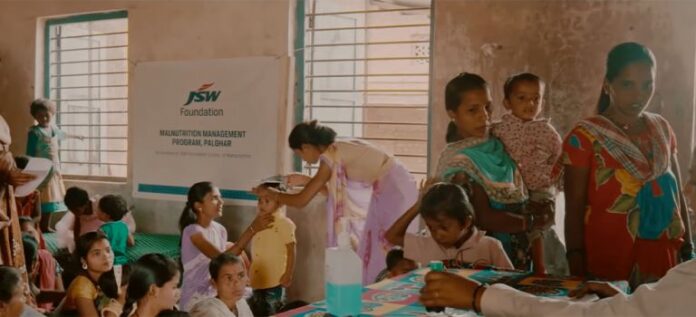
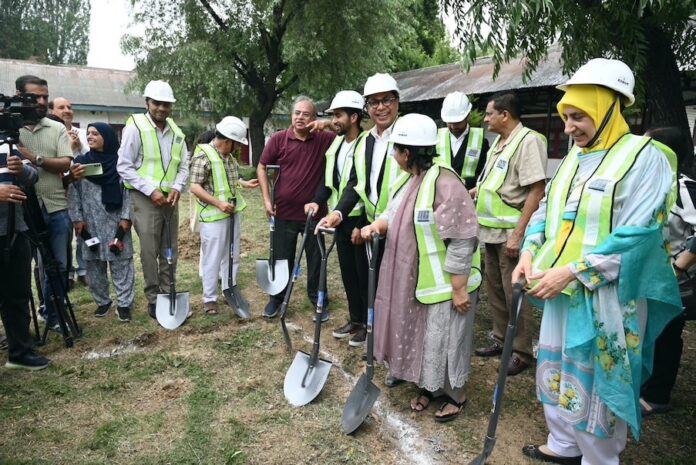
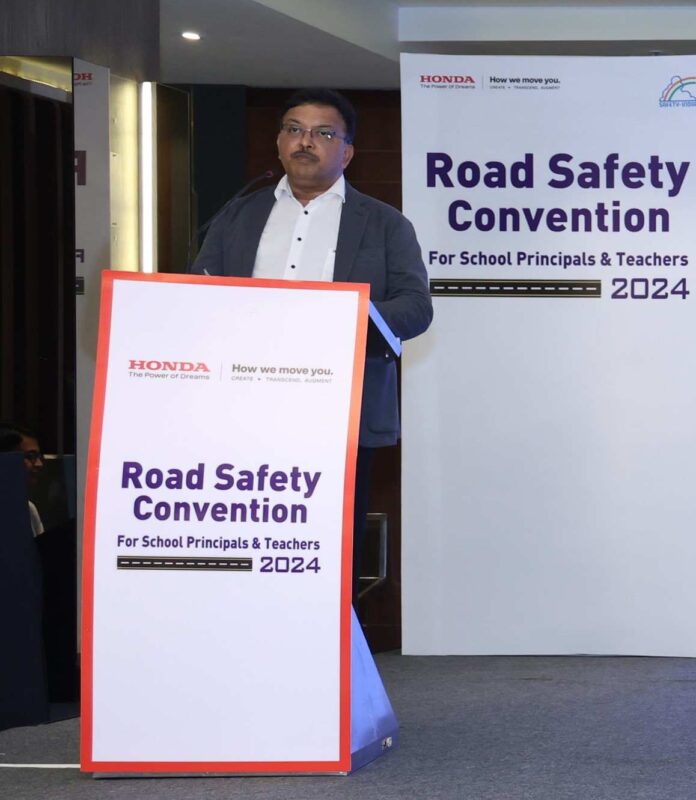
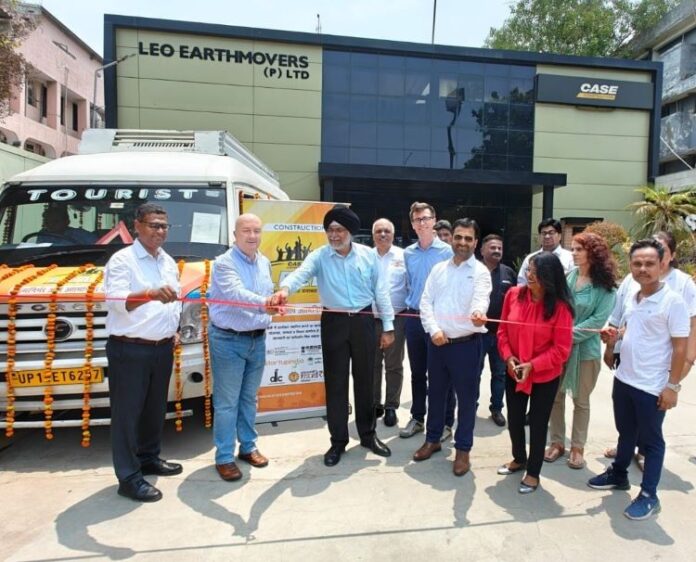
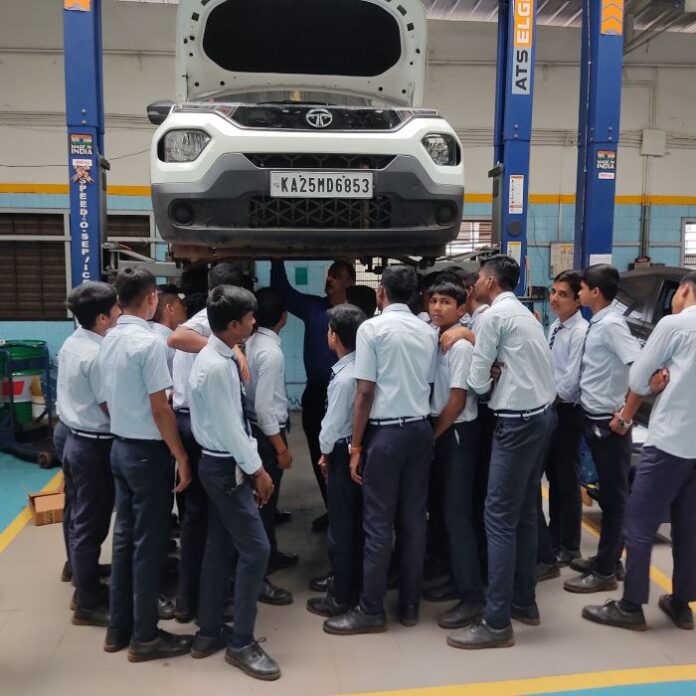

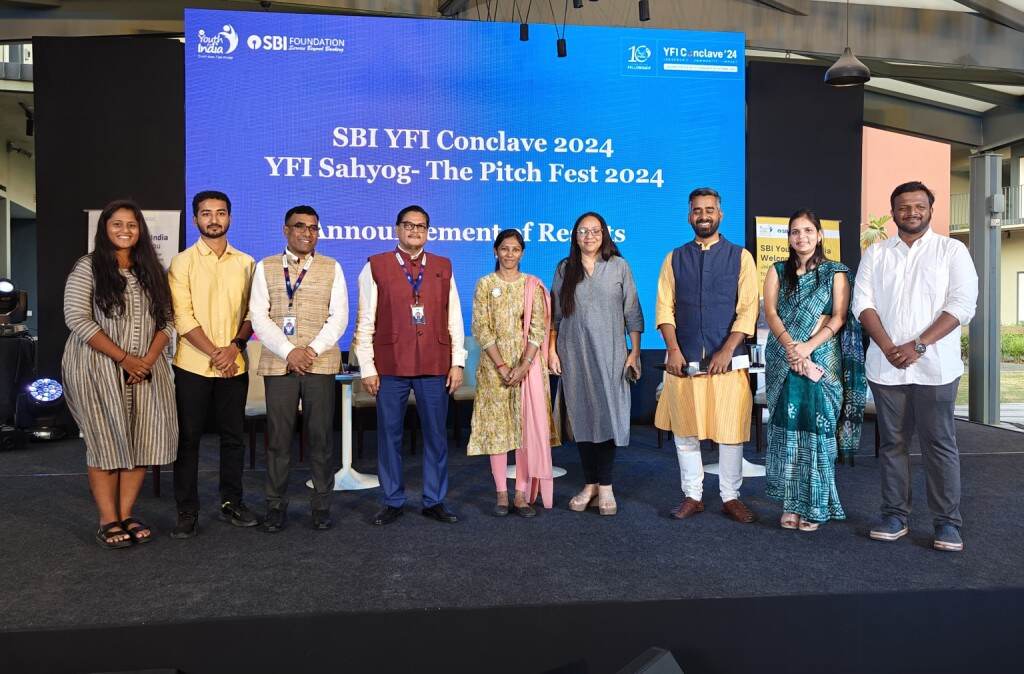
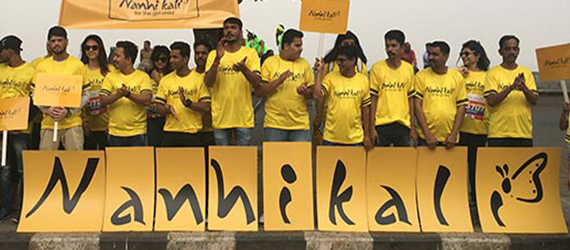
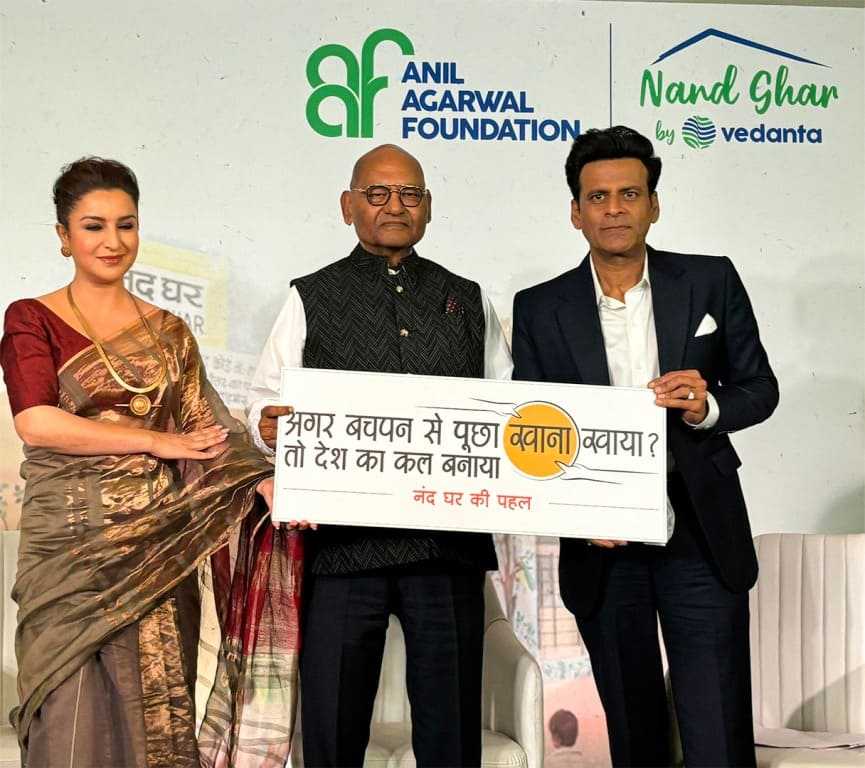
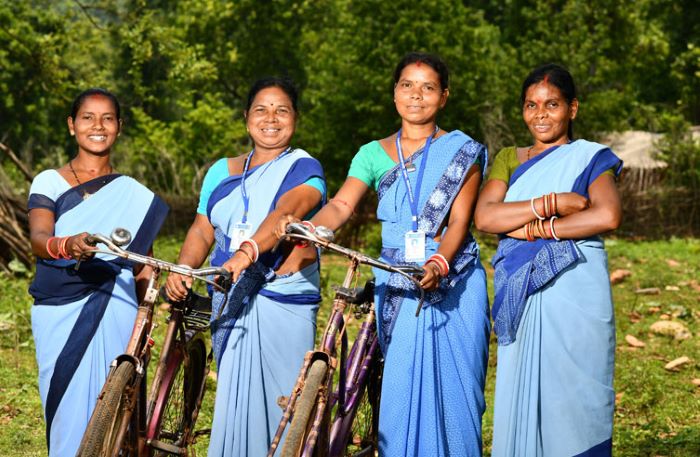
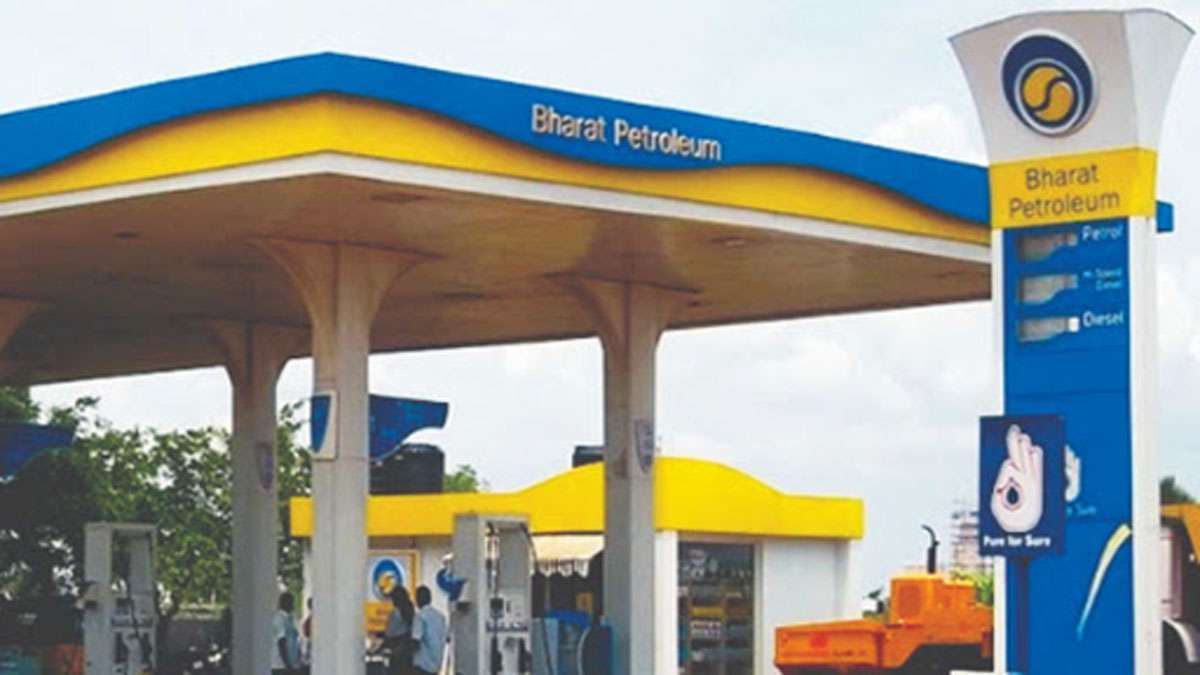 Integrated Cancer Care and Cure – BPCL
Integrated Cancer Care and Cure – BPCL